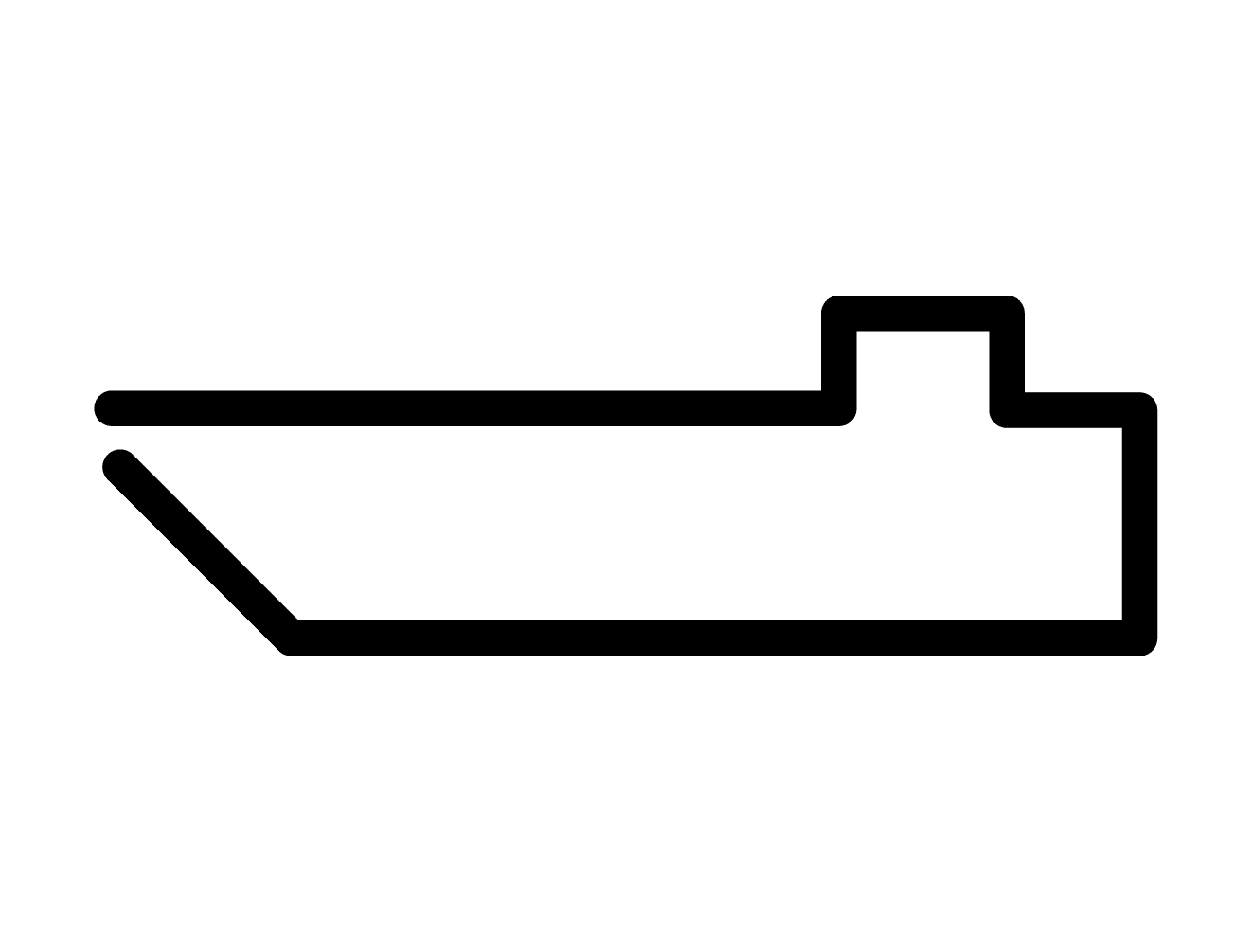
Zrównoważony biznes
Zrównoważony biznes
– nasza odpowiedzialność
Zarządzanie jakością i środowiskiem jest ważne dla NCAB Group od wielu lat. W 2014 roku postanowiliśmy zacząć stosować ISO 26000, międzynarodową normę w zakresie odpowiedzialności społecznej, która miała ukierunkować nasze przyszłe działania. Zaowocowało to opracowaniem strategii obejmującej wymiar etyczny, społeczny i środowiskowy, z jasnymi priorytetami dla zrównoważonego biznesu.

EcoVadis Medal za naszą pracę na rzecz zrównoważonego rozwoju
Uzyskaliśmy łącznie 73 punkty na 100, co plasuje nas wśród 4% najlepszych firm w branży produkcji komponentów elektronicznych i płyt oraz wśród 7% najlepszych firm na świecie, które zostały ocenione przez EcoVadis w ciągu ostatnich 12 miesięcy.
EcoVadis ocenia zarządzanie zrównoważonym rozwojem firmy poprzez jej polityki, działania i wyniki. Skupia się na 21 kryteriach zrównoważonego rozwoju w czterech kluczowych obszarach: Środowisko, Praca i Prawa Człowieka, Etyka oraz Zrównoważone Zakupy. Nasze najwyżej oceniane tematy w zakresie zrównoważonego rozwoju to Środowisko i Zrównoważone Zakupy.

Osiągnięcia w zakresie zrównoważonego rozwoju
Nasza wizja to bycie „Wiodącym producentem płytek PCB, niezależnie od lokalizacji”. W 2021 roku kontynuowaliśmy naszą ambitną i ważną podróż w zakresie zrównoważonego rozwoju wraz z naszymi klientami, fabrykami i pracownikami. Oto kilka przykładów naszych działań i osiągnięć w tym roku:
- The focus remains strongly on social and environmental sustainability at NCAB’s manufacturing partners, along with greater focus on climate impact in the value chain and in our own operations.
- Continued our sustainability audit programme in factories, conducting regular sustainability audits on-site at factories, improving health and safety and working conditions, and environmental performance. The results of our audits show a positive development for all main factories in China, where long-term cooperation focusing on continuous improvement and knowledge transfer has contributed to improved sustainability performance and increased awareness among factory management and employees.
- High quality performance – 99.5% – continued developing our quality processes and performance to keep high quality and reliability level, and to minimize scrap and resources used.
- Continued investing in employee skills development, specifically leadership, sales, technology and onboarding of new employees.
- Conducted webinars and seminars around the world – Design for Manufacturing, Sustainability in a PCB world, Circularity, Standard stack-ups and impedance, Thermal management, Quality assurance and more – our experts sharing our knowledge and expertise to support sustainable product development.
- Continued supporting customers in the design phase – personal technical expertise, as well as design guidelines for different types of PCBs available for download on our website.
- Technical Council focus group on sustainability – for a more sustainable PCB with focus on circularity and new innovative materials and PCB technologies. During the year, we were involved in the evaluation of bio-based and traditional materials with a view to increasing circularity and reducing environmental impact.
- NCAB has set targets and continues to take action to reduce greenhouse gas (GHG) emissions in Scope 1 to 3. Our target: By 2030, NCAB aim to have halved the emissions intensity for Scope 1–3 measured in tCO2e per SEK million in sales (of which Scope 3 accounts for 99.4 per cent), calculated from the base year of 2021.
- Emissions intensity (tCO2e/SEK million sales) is largely unchanged, attributable to a decrease in total emissions in in combination with lower sales compared with the year-earlier period.
- Scope 1 and 2 emissions slightly decreased.
- In Scope 3, emissions decreased mainly due to an increased share of manufacturing in Europe and a decreased share in China, but also due to an increased share of renewable energy used in manufacturing in China. Scope 3 accounts for 99.4%.
- Continued dialogue and activities with suppliers and customers to jointly strive to reduce emissions in the value chain.
- In 2024, an updated materiality assessment was compiled in accordance with the requirements for double materiality in the EU Corporate Sustainability Reporting Directive (CSRD).
- NCAB received an EcoVadis Silver rating for our sustainability work. We scored overall 73 out of 100 which places us amongst the top 4 percent in the Manufacture of electronic components and boards industry and top 7 percent of all companies globally that have been rated by EcoVadis over the previous 12 months.
- NCAB committed to set scientific climate targets through the Science Based Targets initiative (SBTi).
99,5%
Wysoka jakość wykonania
100%
Audyt zrównoważonego rozwoju w głównych fabrykach
92
Liczba punktów za zrównoważony rozwój w badaniu satysfakcji klienta
81
Wskaźnik satysfakcji klienta
88
Employee Engagement Index
Nasze cele długoterminowe

Łańcuch dostaw
Pełna odpowiedzialność w całym łańcuchu dostaw.

Pracownicy
Przyciągnij, zaangażuj i rozwijaj najepszych ludzi

Klienci
Kierowanie branżą w „zielonym” kierunku.
Long term environmental goals
We strive to be a catalyst for a more sustainable PCB and manufacturing. Our goal is to ensure that our PCBs are produced in a way that minimizes the total environmental impact.
Our overall climate impact goal

Reduce our Greenhouse Gas emission intensity with 50 % by 2030




Zgodnie z naszą strategię zrównoważonego rozwoju
Dowiedz się więcej, dlaczego i jak prowadzimy naszą działalność w sposób zrównoważony

Wszystkie nasze dokumenty dotyczące zrównoważonego rozwoju
Code of conduct, ISO, REACH, RoHS and Conflict Mineral Policys.

Interesuje Cię nasza praca na rzecz zrównoważonego rozwoju?
Skontaktuj się z nami, aby uzyskać więcej informacji.
Procedura zgłaszania nieprawidłowości w NCAB Group
Jeśli pracownicy NCAB Group lub inni zainteresowani odkryją poważne nieprawidłowości lub błędne przekonania, które naruszają nasz Kodeks Postępowania, zachęcamy do ich zgłoszenia. W tym celu uruchomiliśmy funkcję „whistle blower” (procedurę zgłaszania nieprawidłowości), w którą zaangażowana jest osoba trzecia, do której pracownicy mogą się zwrócić. Dzięki temu osoby zgłaszające mają pewność, że pozostaną anonimowe, a zgłoszona sprawa zostanie przekazana do zespołu dochodzeniowego NCAB Group.
